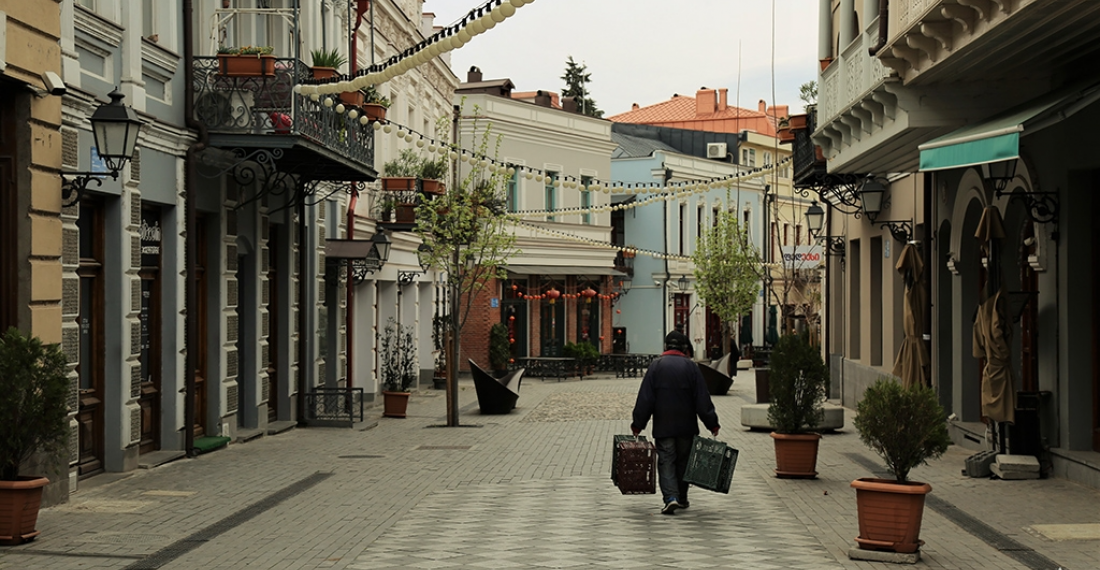Last week on 29 November, the PMC Research Center published a study revealing that a quarter of all Georgians aged 15-24 do not work or study. Such people are also known as NEET: ‘not engaged in education, employment, or training’.
The report states that Georgia’s figure for youth NEET was three times larger than the 2020 EU average, as well as being the second-highest figure compared to other countries in the Eastern Partnership. The 2022 figure marks an increase of 7% on Georgia’s 2021 NEET rate of 18%.
One of the reasons given by the study for such a high figure is the lack of part-time jobs. The share of the employed youth working part-time is much lower than the share of full-time workers, according to the study. Moreover, the relevance of education programmes to the job market and ensuing skill mismatches on the labour market also play a role in the high NEET level.
Another big reason for the high rate of youth NEET is the influence of COVID-19. This has led to the departure of many young and educated people to foreign countries. A perceived lack of opportunities in Georgia is pushing students to look abroad and seek education and work there, for example in Europe or Qatar.
In a separate development, the United Nations Development Program in Georgia announced in a press release on the 5 December that through cooperation between the EU, the UNDP and the Georgian non-governmental organisation ‘Kona’, a new youth centre will be opened in the Shida Kartli region of Georgia to promote youth education, especially for young people affected by conflict. Initiatives such as these are indeed designed to combat the high NEET rate in Georgia, hopefully reviving the youth’s desire to build their future in Georgia rather than moving abroad.







